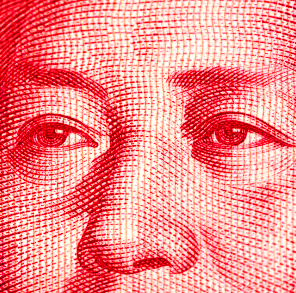EU urged to keep China close
 The EU’s green transition relies on China, according to the Dutch trade minister.
The EU’s green transition relies on China, according to the Dutch trade minister.
Dutch Trade Minister Liesje Schreinemacher has warned that Europe's ambitious green transition would be unattainable without the involvement of China.
As the European Union grapples with reducing its economic dependence on the Asian powerhouse, Schreinemacher says there is a strong need to navigate the delicate balance between mitigating reliance on Chinese supply chains and meeting the rising domestic demand for clean technologies dominated by Chinese companies.
While the United States has been pursuing a decoupling strategy from China, Europe has taken a more cautious approach due to its deeper economic ties with Asia and the repercussions of the Russian energy and raw materials imports halt following the Ukraine crisis.
Minister Schreinemacher stressed the importance of maintaining collaboration with China, stating; “They are doing a lot on [research and development], and it would really be a shame if we decoupled fully from China”.
The sentiment aligns with the recent agreement among the G7 leaders to diversify critical raw material sources and bolster domestic clean tech industries to reduce their risk exposure to China.
Schreinemacher, who plans to visit China with a trade delegation later this year, underlined that decreasing strategic dependencies should not lead to a complete cessation of trade.
Instead, diversifying sources and value chains while fostering closer scrutiny of European investment in China's cutting-edge technologies should be the focus. She cautioned that outbound investment screening, an instrument to protect the bloc's economic interests, should be thoroughly considered and executed with clear objectives.
The European Union has been working towards increasing domestic mining and processing of critical materials and is set to unveil an economic security strategy next month. However, concerns have been raised about potential protectionist measures.
China's control over the majority of the global solar power supply chain and crucial mineral processing capacity for the green transition adds urgency to the EU's strategic considerations.
Schreinemacher also noted that economic security powers remain under the jurisdiction of national governments, signalling that Washington's push for Europe to adopt a more aggressive stance in limiting trade links with China should be handled cautiously.
Discussions between US and EU officials, including Secretary of State Antony Blinken, are scheduled for May 31 to explore outbound investment screening and coordinated export controls.








 Print
Print